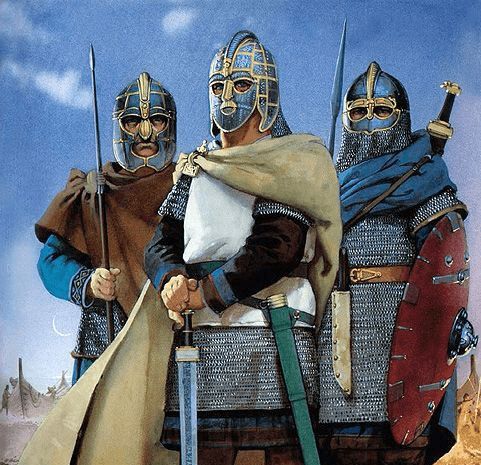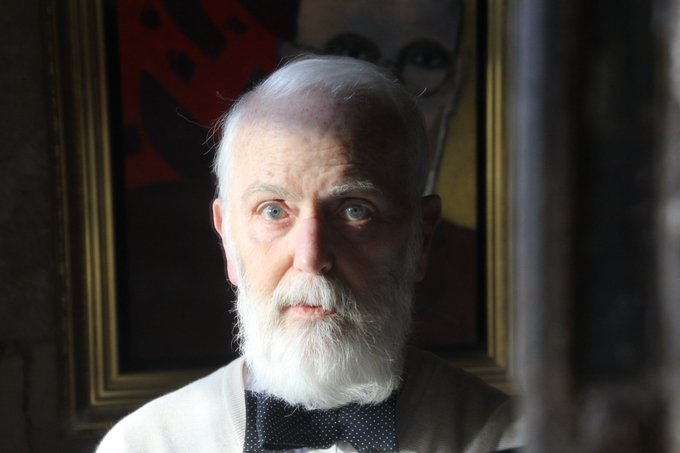In their latest attempt to appease the woke abyss, Cambridge is teaching students that Anglo-Saxons did not exist as a distinct ethnic group as part of efforts to undermine “myths of nationalism”.
The Department of Anglo-Saxon, Norse and Celtic explains its approach to teaching has changed to become more “anti-racist”, commenting: “One concern has been to address recent concerns over use of the term ‘Anglo-Saxon’ and its perceived connection to ethnic/racial English identity.
“In general, ASNC teaching seeks to dismantle the basis of myths of nationalism – that there ever was a ‘British’, ‘English’, ‘Scottish’, ‘Welsh’ or ‘Irish’ people with a coherent and ancient ethnic identity – by showing students just how constructed and contingent these identities are and always have been.”
It is rather odd that the deconstructionist Marxists in the department fail to see that a nation called England, or in Old English Englaland, meaning land of the Angles, may have a connection to the Anglo-Saxon people.
One lecture explains that the term “Anglo-Saxon” has been embroiled in “indigenous race politics” by questioning the extent of settlement by a distinct ethnic group that could be called Anglo-Saxon. The English identity developed over hundreds of years, but this does not mean our identity does not exist or is somehow being used to manipulate people.
By the left’s metric, it would be impossible to identify any individual ethnic group at all. Why are the English, Welsh, Scottish and Irish held to different standards? Ethnicity and identity are formed by an organic and historical process, which can take many years. It is not a racist conspiracy theory.
The term Anglo-Saxon has become controversial due to the connection with WASPs or “White Anglo-Saxon Protestants”. However, English identity, contingent on Anglo-Saxon history, ethnicity, and culture, is not dependent on what American liberals say over 3000 miles away.

However, there is some good news. In 2020, over 70 British academics have pushed back on the increasing Americanisation of our identity, with an open letter stating: “The conditions in which the term is encountered, and how it is perceived, are very different in the USA from elsewhere.
“In the UK, the period has been carefully presented and discussed in popular and successful documentaries and exhibitions over many years.
“The term ‘Anglo-Saxon’ is historically authentic in that from the 8th century, it was used externally to refer to a dominant population in southern Britain. Its earliest uses, therefore, embody exactly the significant issues we can expect any general ethnic or national label to represent.”
We, as nationalists, need to demand that our identity is real and our roots are deep, especially in this globalised world. Our identity should be respected alongside the other peoples of the world. A Western academic institution would not dare to deconstruct the identity of Indians, Africans, or Israelis for a good reason. Yet the identity of Europeans is routinely disrespected for the alleged crimes of our past.

